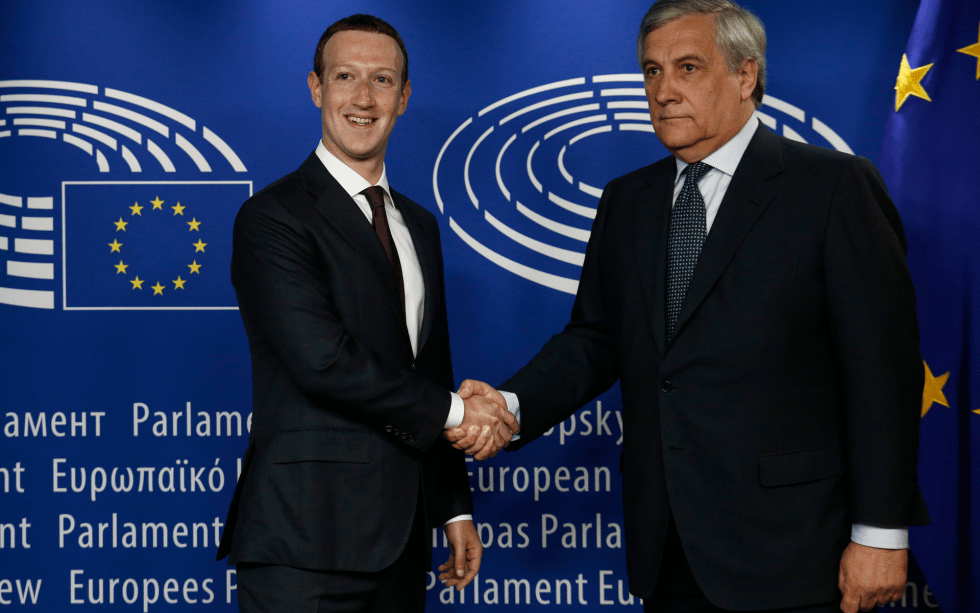On the day of its unveiling, Facebook’s cryptocurrency has already sparked forecasts that governments worldwide will ban it.
Libra Heading For Crypto Blacklist?
Libra, the protocol Facebook today revealed to the world via a somewhat clumsy website, will initially host a cryptocurrency of the same name.
It will function as a value transfer system – a stablecoin – across Facebook’s family of social media platforms and messengers, and will be “easy” to cash out into fiat, say developers.
This utility, however, is leading to worrying prognoses for the cryptocurrency before it has even launched. Governments, seeing Libra as an alternative to central bank monetary control, may well wish to keep citizens away from it.
Facebook says it will demand government-issued ID for anyone using its coin, but the idea of the company itself becoming a centralized hub of payments and value for a user base, which could number in the billions, is frightening for the powers that be.
One example, as suggested by a Kremlin economist, is that Russia will stop its citizens using Libra – by blocking Facebook, WhatsApp and Instagram.
“Facebook’s Libra will have no alternative but to face being blocked on Russian territory,” Vladislav Glinko tweeted following publication of a dedicated whitepaper.
He added that its appearance would nonetheless lead to a surge in demand for Bitcoin, despite the fact that, in his view, Libra “is not a cryptocurrency” at all.
Facebook’s Crypto ‘Federal Reserve’
Worries over government reactions meanwhile also came from sources including the mainstream media, the Financial Times describing it as “nothing more than a brazen attempt to override national monetary sovereignty by creating a global-scale Federal Reserve equivalent.”
“I would not be surprised if the tech companies involved think they have sufficient power to get away with it this time,” Bitcoin Core developer Peter Todd meanwhile continued.
Responding an assertion that Libra would last “three months” before seeing widespread shutdowns, Todd argued it was complacency which was fuelling Facebook’s 100-strong list of corporate partners.
“Possibly a cognitive blindspot amongst the execs from being privileged enough to never have been arrested; don’t really understand the power of courts/guns,” he added.
‘Not Actually A Blockchain’
Analysis of the whitepaper casts further doubt on long-term prospects, even if regulatory hurdles disappear.
Libra sounds fairly well designed as a permissioned system, but it is facing quite a few long-term challenges. Oh, and it's not a blockchain. https://t.co/B3pRC8860J
— Jameson Lopp (@lopp) June 18, 2019
Developers promise a transition to Proof-of-Stake algorithm, but this implies overcoming issues faced by coins such as Ethereum on its journey, Statoshi.info creator, Jameson Lopp, writes.
“I’m pretty sure that would be a world first of a distributed network transitioning from permissioned to permissionless,” he summarized, noting that the Libra network is missing obvious characteristics of a blockchain.
Todd agreed.
“It’s remarkable how dishonest the Facebook Libra technical documents are. They repeatedly describe Libra as decentralized, when it obviously isn’t,” he concluded.
Reminds me of how often academics have lied to my clients, claiming their trusted consensus solutions are trustless/decentralized.
What do you think about Libra’s chances of regulatory acceptance? Let us know in the comments below!
Images via Shutterstock
